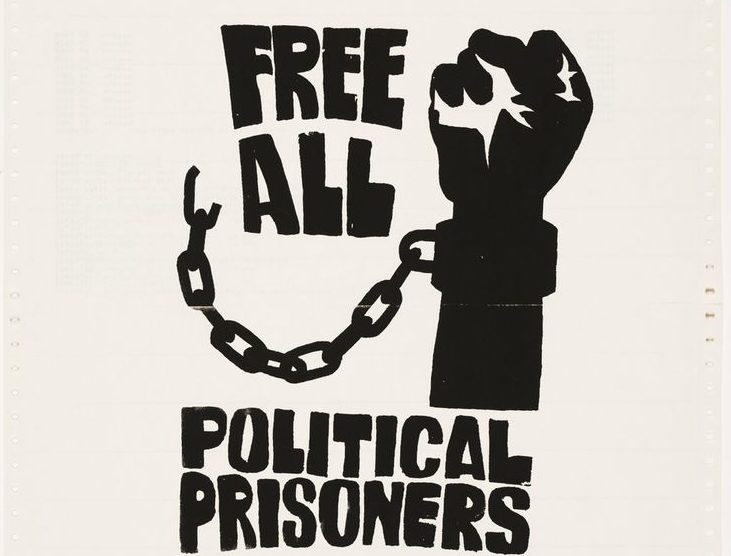Monday, 23 January
4:00 pm – 7:00 pm
European Parliament
Room PHS 5A033
Brussels, Belgium
Facebook: https://www.facebook.com/events/1628509307164244/
NOTE: If you are willing to participate, please send an email with your full name, address, ID number and date of birth to jonsebastian.rodriguezforrest@ep.europa.eu
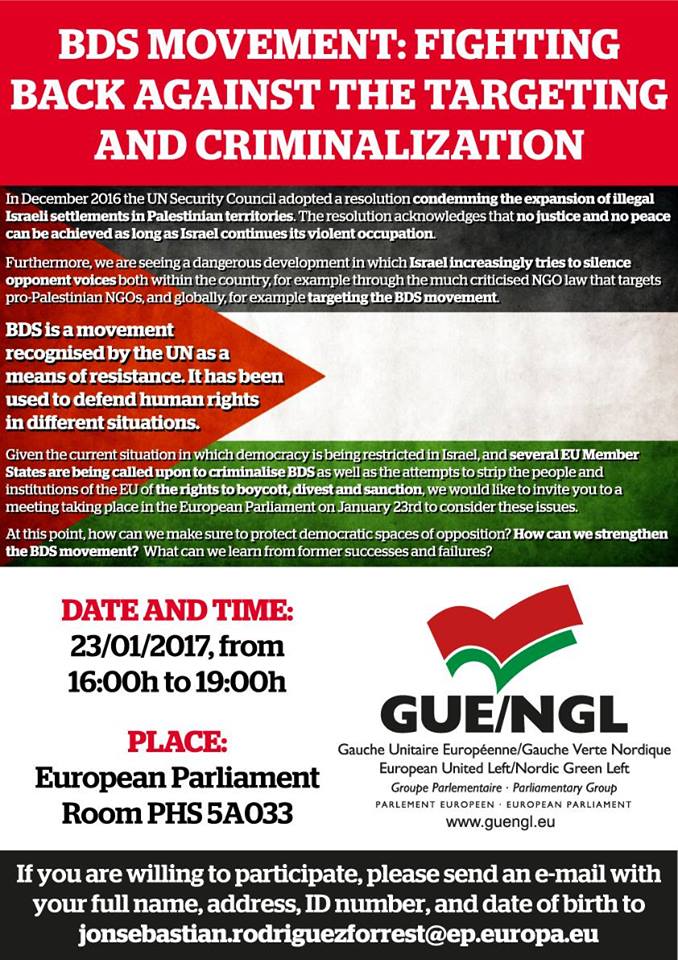 Welcome to an open meeting about democratic opposition, the Palestinian BDS movement and it’s future.
Welcome to an open meeting about democratic opposition, the Palestinian BDS movement and it’s future.
In December 2016 the UN Security Council adopted a resolution condemning the expansion of illegal Israeli settlements in Palestinian territories. The resolution acknowledges that no justice and no peace can be achieved as long as Israel continues its violent occupation. Furthermore, Israel systematically tries to silence opponent voices both within the country, for example by the debated NGO law that targets pro-Palestinian NGOs. And globally by, for example, targeting the BDS movement.
BDS is a movement recognised by the UN as a means of resistance, and it has been used as a tool to defend human rights in different situations. The most known BDS movement is probably still the struggle against Apartheid in South Africa. Given the current situation of criminalization of BDS in several Member States and the attempts to strip people and institutions of the EU from this right, we would like to invite you to a meeting taking place in the European Parliament on 23rd January 16.00-19.00 at PHS 5A033 to consider these issues.
At this point, how can we make sure to safeguard and strengthen the democratic spaces of opposition?
How can we strengthen the BDS movement? What can we learn from former successes and failures?
If you are willing to participate, please send an email with your full name, address, ID number and date of birth to jonsebastian.rodriguezforrest@ep.europa.eu
Room: PHS 5A033
Programme:
16.00 Opening MEP Neoklis Sylikiotis
16.10 Short individual presentations of people attending
16.30 Presentation Charlotte Kates, coordinator of Samidoun – Palestinian Prisoner Support Network 10 min
16.40 Presentation by Anna Wester, Palestinagrupperna Sweden 10 min
16.50 Skype call with Omar Barghoutti, a co-founder of BDS movement, followed by a Q&A 25 min
Short break
17.20 Roundtable/open discussion: future of BDS in light of increased criminalization
Moderator: MEP Malin Björk
18.45 Outcome and closing remarks MEP Marina Albiol

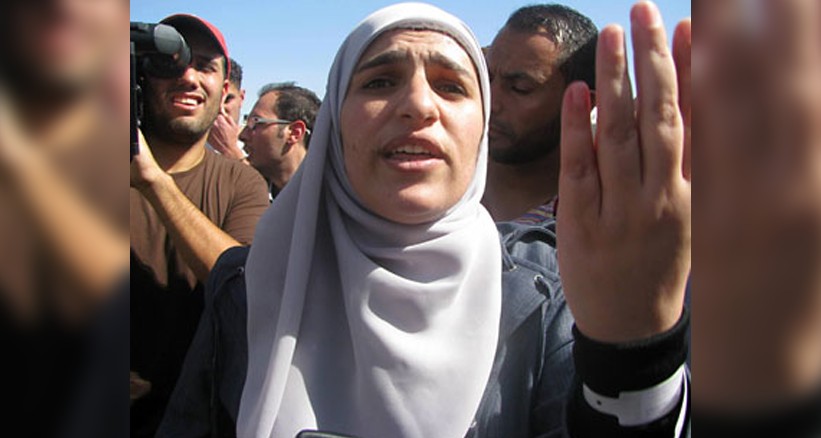 Palestinian former prisoner
Palestinian former prisoner 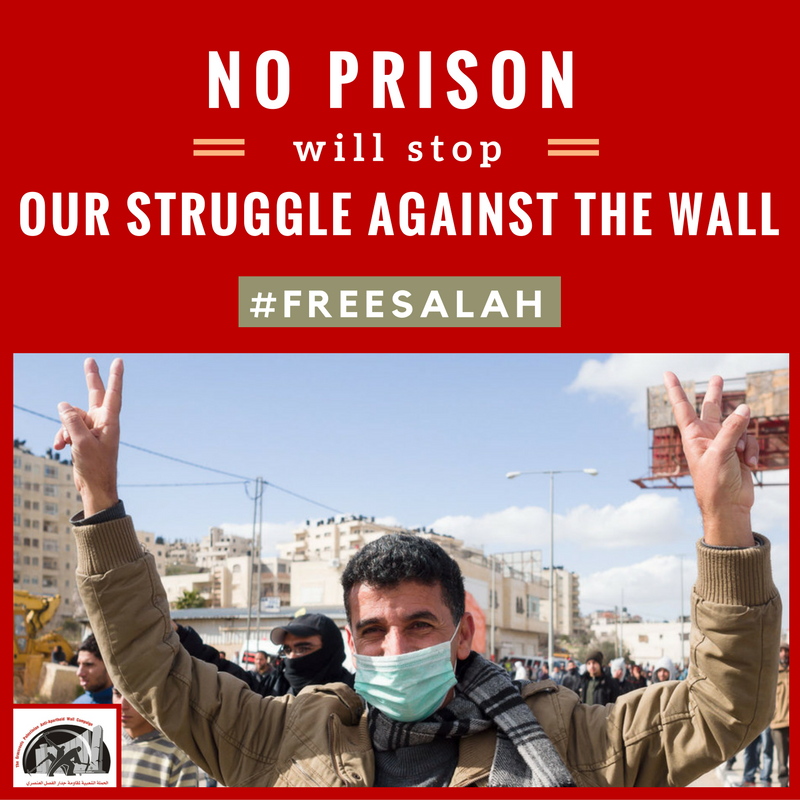
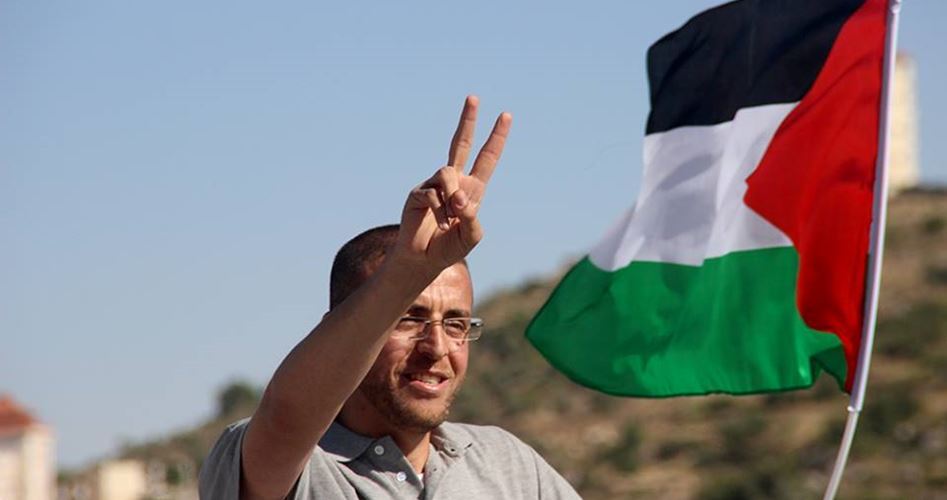 The detention of
The detention of 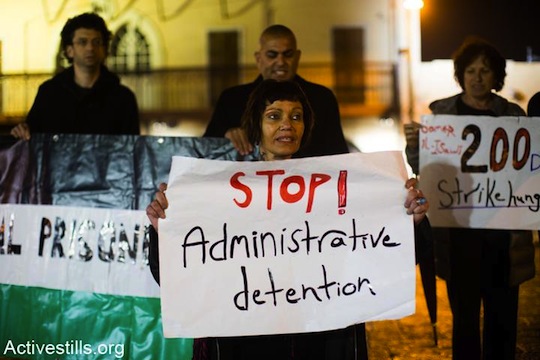 The Israeli occupation military issued
The Israeli occupation military issued  Solidarity With Fordham SJP!
Solidarity With Fordham SJP!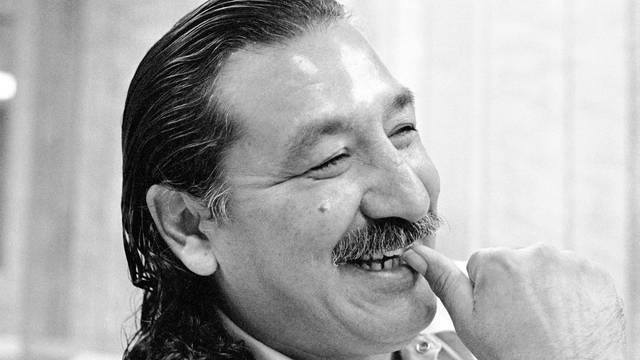 Indigenous U.S. political prisoner
Indigenous U.S. political prisoner 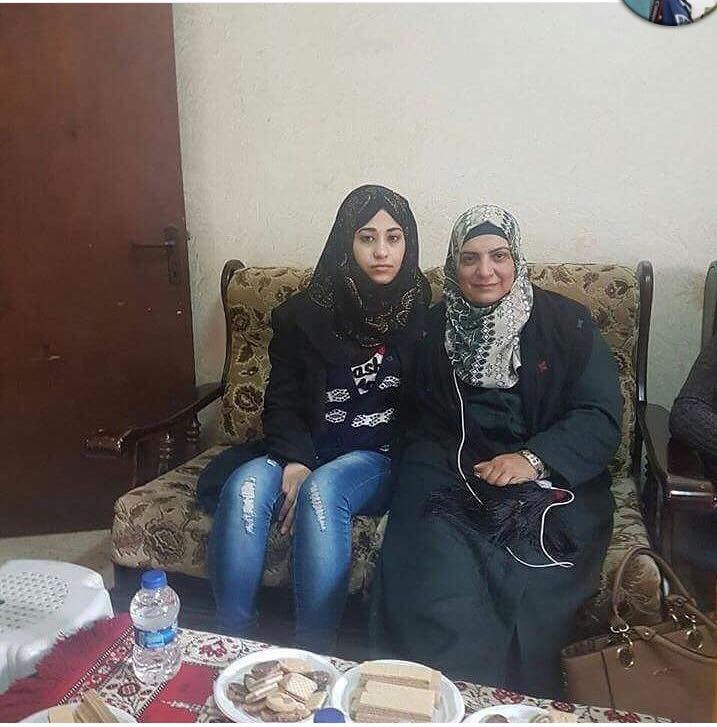 Palestinian prisoner Yasmin Zarou al-Tamimi, 21, was released from Israeli prisons on Tuesday afternoon, 17 January. Zarou had spent nearly one year in Israeli prison after she was shot and severely injured and accused of “
Palestinian prisoner Yasmin Zarou al-Tamimi, 21, was released from Israeli prisons on Tuesday afternoon, 17 January. Zarou had spent nearly one year in Israeli prison after she was shot and severely injured and accused of “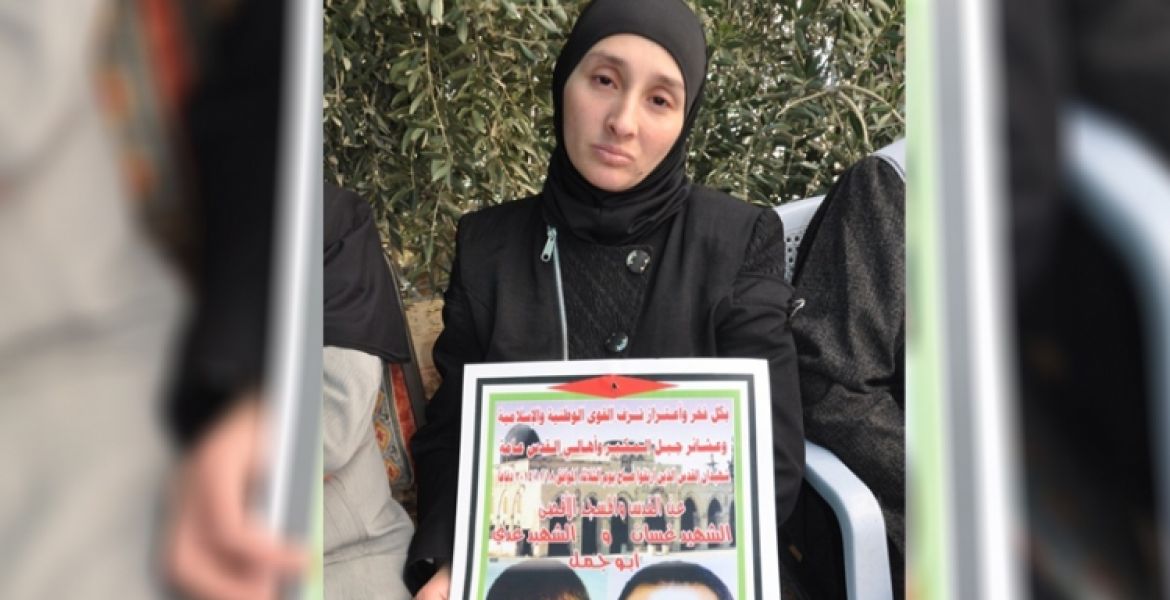 In addition,
In addition, 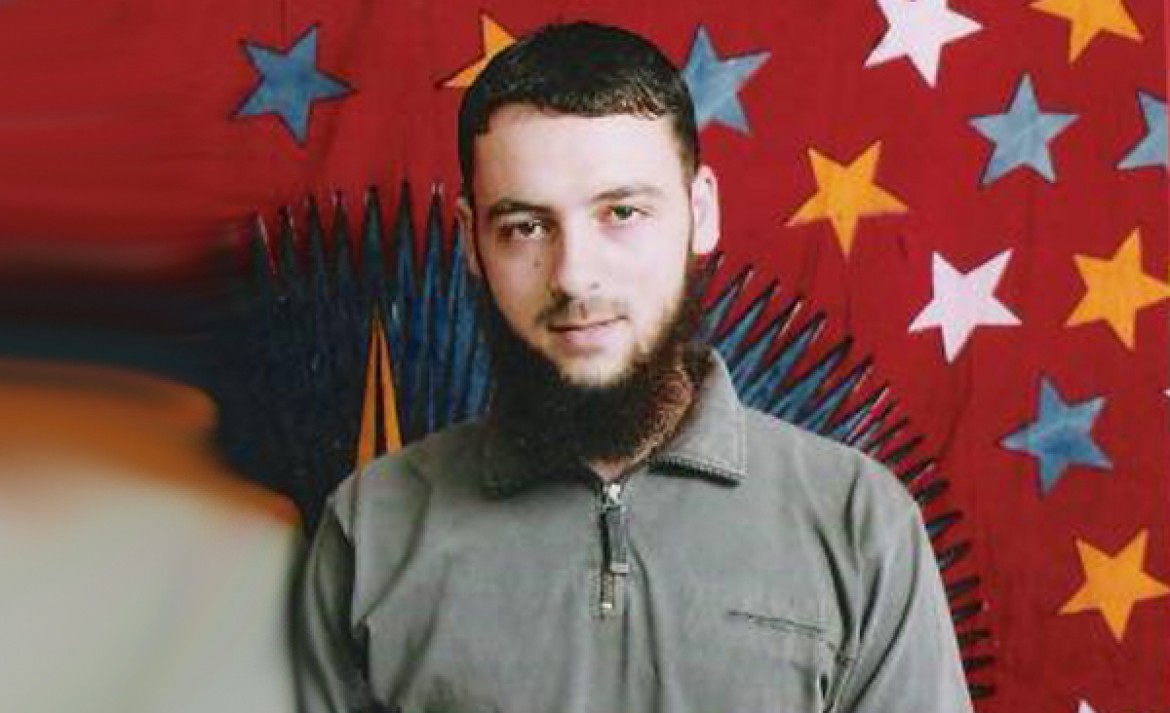 Palestinian prisoner
Palestinian prisoner 